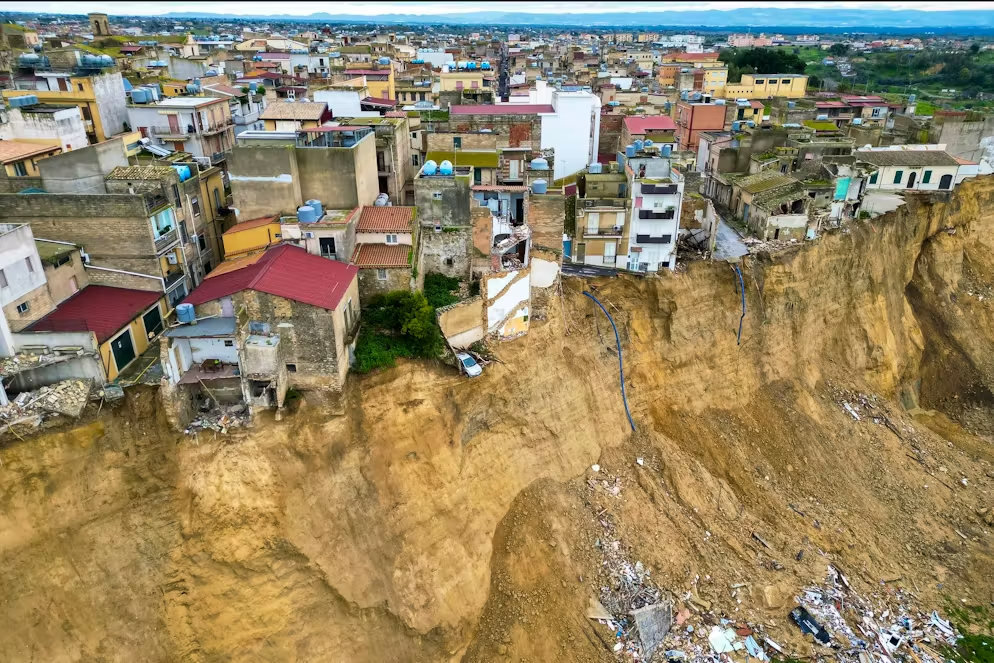Saudi Arabia Fuels Terror, Wages War, Foments Crisis

Alwaght – Iran’s foreign minister rebuked Saudi Arabia for fueling terrorism, waging war and fomenting crisis as he rejected Riyadh’s accusation that Tehran is destabilizing region as “ironic”. Mohammad Javad Zarif, said on Sunday twit that, Iran has been working with international partners, such as Russia and Turkey, to guarantee truce in Syria and pave the way for further political processes there. The Foreign Minister of the Islamic Republic at the same time said Riyadh “fuels terrorists, wages war on Yemen, blockades Qatar [and] foments crisis in Lebanon”.
 The top Iranian diplomat’s comment came in the wake of a new round of talks with his Russian and Turkish counterparts, Sergey Lavrov and Mevlut Cavusoglu, respectively. The three senior diplomats met in Antalya, Turkey on Sunday, for consultations on the Syrian conflict.
The top Iranian diplomat’s comment came in the wake of a new round of talks with his Russian and Turkish counterparts, Sergey Lavrov and Mevlut Cavusoglu, respectively. The three senior diplomats met in Antalya, Turkey on Sunday, for consultations on the Syrian conflict.
The three states act as guarantors of four de-escalation zones in Syria. Aimed at separating terrorist groups such as ISIS and Al-Nusra Front from other militant groups, the deal has been approved by the Syrian government. At the same day, Saudi Arabia at an emergency Arab League meeting, moved fellow Arab states to find a “non-compromise” solution to deal with what he called “Iran’s aggression” and “disregard for international law”.
During a specially-summoned foreign ministers’ meeting in the Egyptian capital, Cairo, Saudi foreign minister, Adel al-Jubeir said in public remarks to the assembled officials “We will not stand idly by in the face of Iran’s aggression”. Irate with seeing their plots failed in the West Asia, Particularly in Syria, Iraq, Yemen, and Lebanon, Saudi officials have launched fierce word war against their main regional rival Iran. “Iran created agents in the region, such as the Houthi and Hezbollah militias, in total disregard for all international principles,” said al-Jubeir.
Yemen’s Ansarullah Movement, also known as Houthi, has led a popular uprising in 2015 that resulted in ouster of Saudi puppet regime of Abd Rabbuh Mansur Hadi. Saudi Arabia formed an Arab coalition and launched a bloody aggression on neighboring Yemen to restore power back to Mansur Hadi and undermine Shiite Ansarullah movement. At least 13,000 people have been killed and many more injured do to Saduis’ nearly three-year-bombing campaign.
Saudi Arabia, frustrated by failure to materialize its goals after three years of a devastating aggression against Yemen and under international community’s pressures to end massacring the Yemeni civilians, is seeking to garner backing of other Arab states under the excuse of so-called Iranian complicity in the anti-Saudi missile attack in a bid to exhibit as legitimate its aggressive approach to the neighboring country.
“Showing leniency toward Iran will not leave any Arab capital safe from those ballistic missiles,” he said, in reference to the failed missile attack on Riyadh from Yemen earlier this month, which the Saudis believe was ordered by Tehran. Iran rejected Saudi Arabia’s accusation. A United Nations Security Council-appointed panel has also refuted Saudi Arabia’s claims that missiles have been transferred to Yemen’s Ansarullah movement by external sources.
In an exclusive report, an investigative website, The Intercept, reported that after exhaustive investigations, the panel made sent a confidential assessment to Security Council diplomats on November 10. Another part of Saudi minister’s accusations was against Lebanese resistance movement, Hezbollah, whose victories against Saudi-backed terrorist groups in Syria has made it most hated in the eyes of Riyadh-based princes.
Shifting Saudi regime’s ultraconservative policies in the region, the oil-rich kingdom’s 32-year de facto leader, crown prince Mohammad bin Salman, has adopted aggressive polices in the region, particularly against Iran and its allies.
In a blatant move to pressure Hezbollah and consequently Iran, Saudi Arabia has detained Lebanese prime minister Saad Hariri for two weeks and made him step down while linking his resignation to Hezbollah’s meddling in the country’s affairs. However, sources close to Hariri say he has been forced to step down for “refusing to confront Hezbollah” as demanded by Saudi leaders.
Lebanese President Michel Aoun has also accused Saudi Arabia of holding Hariri hostage. Senior Lebanese politicians close to Hariri have also said he was coerced into resigning. Indeed, Saudis’ naïve move not only did not hurt Hezbollah but also backfired and exposed them to global criticism for interfering in Lebanon politics.
Notably, the Lebanese Foreign Minister Foreign Minister Jebran Bassil skipped the Saudi-proposed Arab League meeting, and reports in the local media suggested that the country did not want to be made a prominent part of the Arab League declaration.



